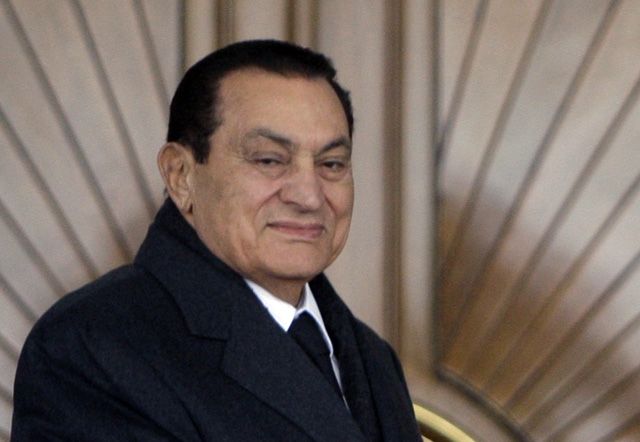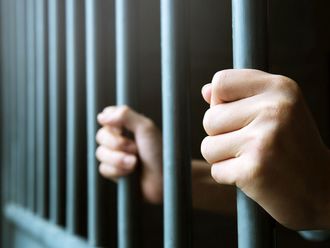Manama: The latest developments in Yemen and Iran's controversial nuclear programme will top the talks between Kuwait's Amir Shaikh Sabah Al Ahmad Al Sabah and Egypt's President Hosni Mubarak, Kuwait media said.
Mubarak is expected in Kuwait City on Wednesday, for the third leg of a tour in the region that has taken him to Abu Dhabi and Riyadh. Kuwait is currently the chair of the Gulf Cooperation Council (GCC) after it hosted its 30th session this month.
"The two leaders will review ways to support Yemen in its efforts to secure stability as it confronts the Houthi aggression," Al Qabas daily said, quoting "well-informed sources" that it did not name.
"President Mubarak is keen on steady communication with the Amir on Arab issues, especially that Kuwait is currently chairing the GCC," the sources said.
Mubarak has discussed Arab affairs, the Palestinian situation and ways to boost bilateral ties with the UAE and Saudi leaders in his previous stops, official news agencies said.
Mubarak's Gulf tour started shortly after he had a rare high-profile meeting in Cairo with Ali Larijani, Iranian parliament’s speaker, prompting speculation that Tehran is seeking a new approach to improve its strained relations with Arab states by offering a new wide-ranging proposal and that Mubarak will be discussing it with Arab allies.
The fact that Larijani is not the president of a country or the head of a government and that diplomatic relations between Cairo and Tehran have been cut off since 1980 has given a special significance to the meeting, observers said.
Gulf countries have recently expressed grave concern about the public standoff between the West and Iran, fearing that it would escalate into an armed conflict that would be highly detrimental to peace and stability in the region.
Addressing a security conference in Manama ten days ago, Shaikh Khalid Bin Ahmad Al Khalifa, Bahrain's foreign minister, said that a possible military confrontation between Israel and Iran will be "perhaps the most fearsome threat to the region."
"Lives will be lost, vital resources will be put in jeopardy, the world economy will undoubtedly suffer and all our efforts towards regional development and prosperity will be significantly hindered," he said.
However, the Gulf states are also concerned that Iran and the world's major powers could reach an agreement at their expense by not consulting and involving them, even though they are "the countries that have the fear of whatever is going on."
"Somebody's trying to do business while we're not there, while we're not present in that room. This is a fundamental mistake of how these talks were conducted. I think that is the main reason of why the talks failed," Shaikh Khalid said.
In September, Shaikh Abdullah Bin Zayed Al Nahyan, the UAE foreign minister, told reporters at the UN headquarters that the GCC countries wanted a role in the negotiations.
“We discussed the importance of ending this question and the importance of GCC countries having a role in consulting with the P5 + 1 countries on the Iranian question to end these differences,” he said.
Jeffrey Feltman, the US assistant secretary of state for Near Eastern affairs, told the media in Manama on the sidelines of the security conference that he would take the insistence of the GCC countries on being involved in the talks to Washington.












